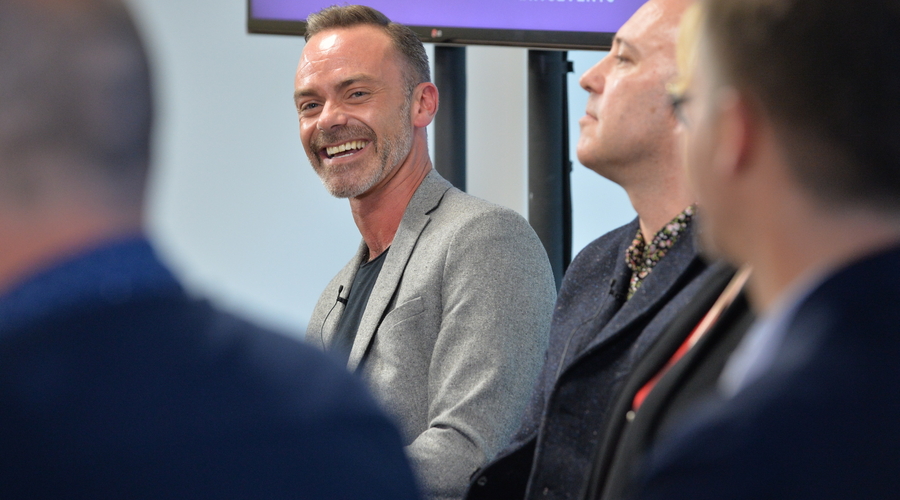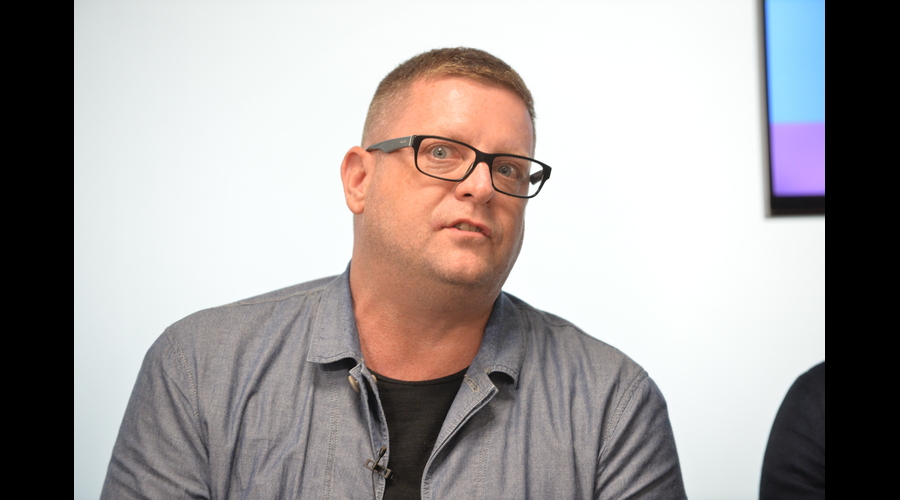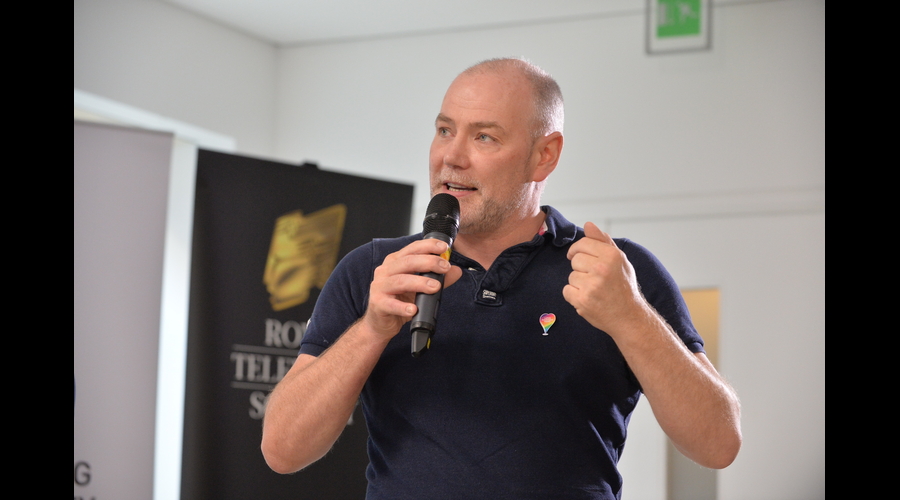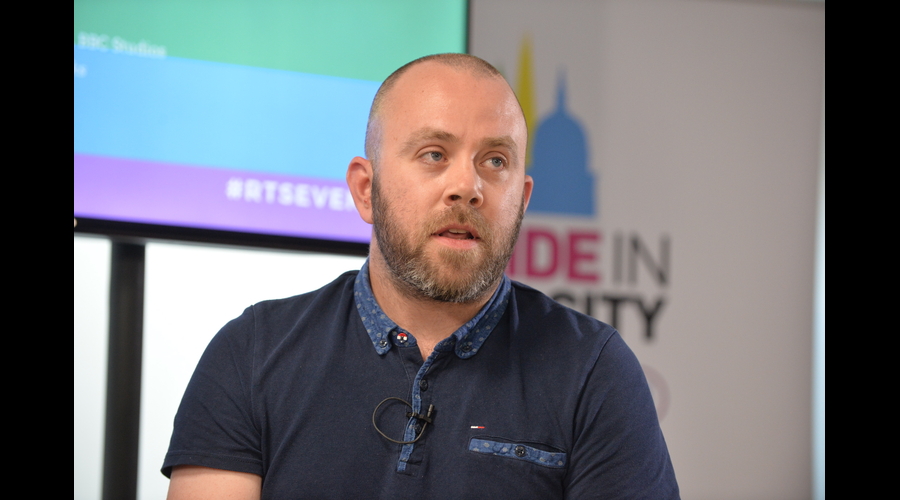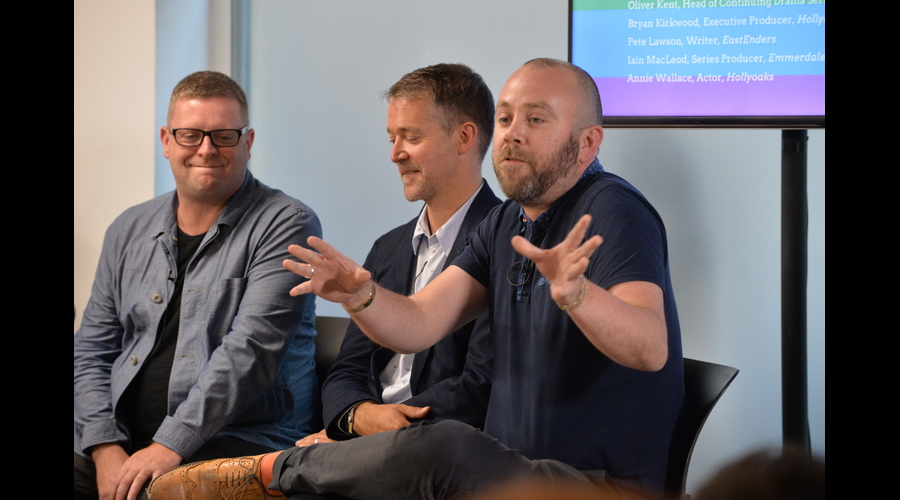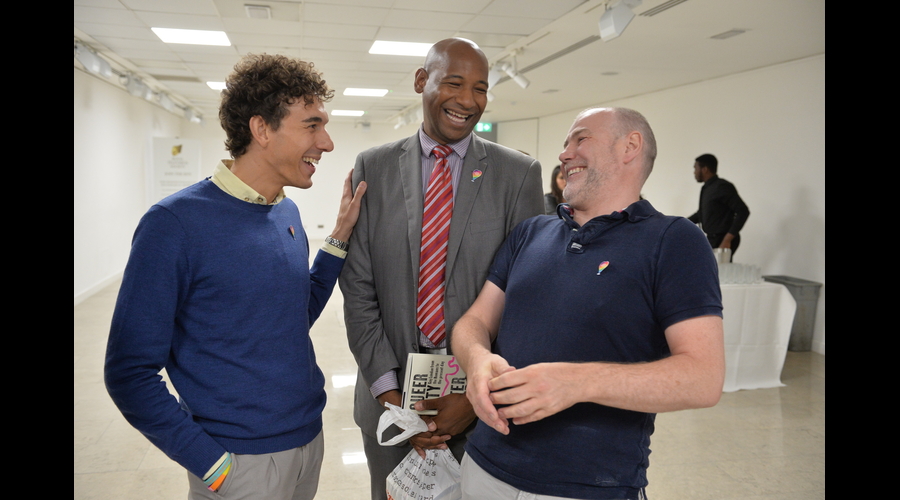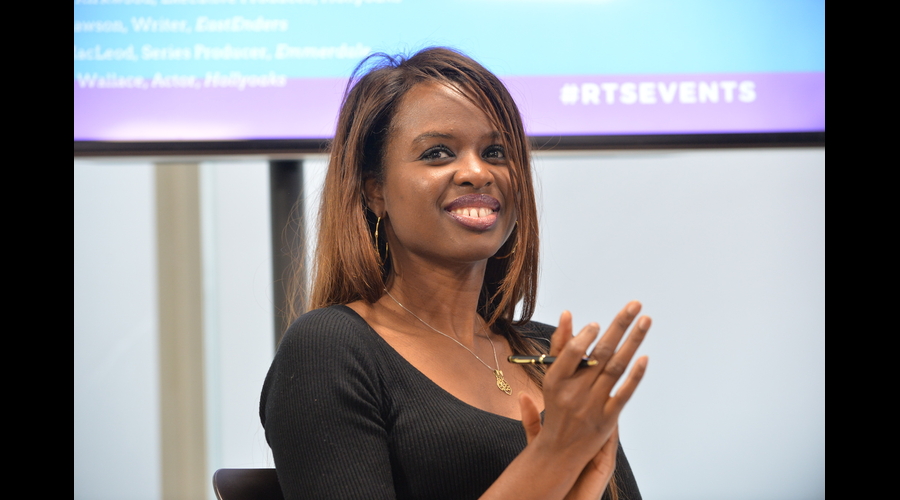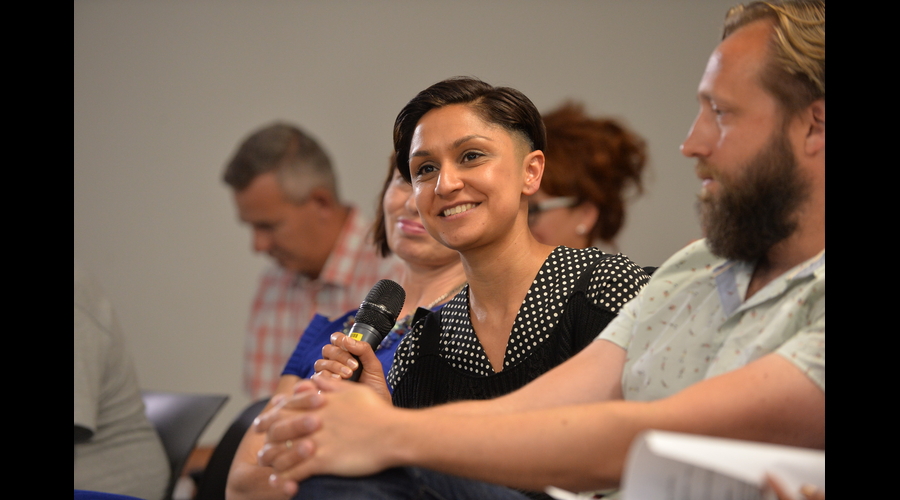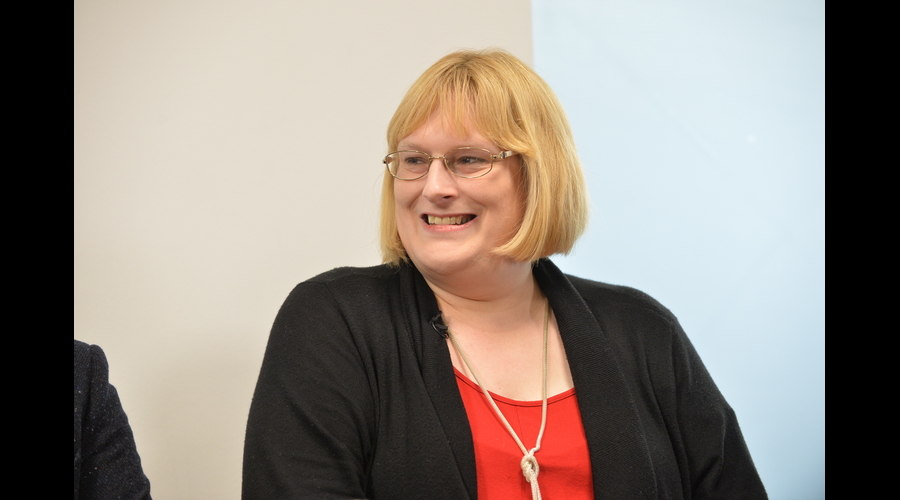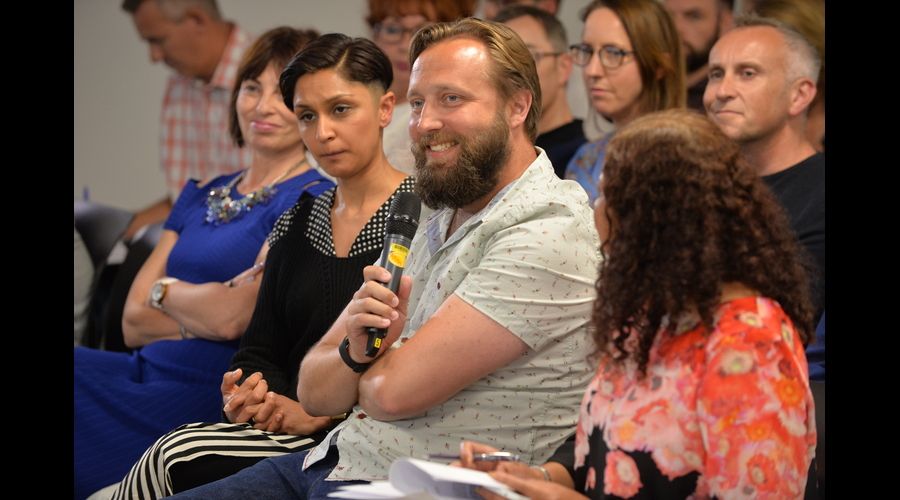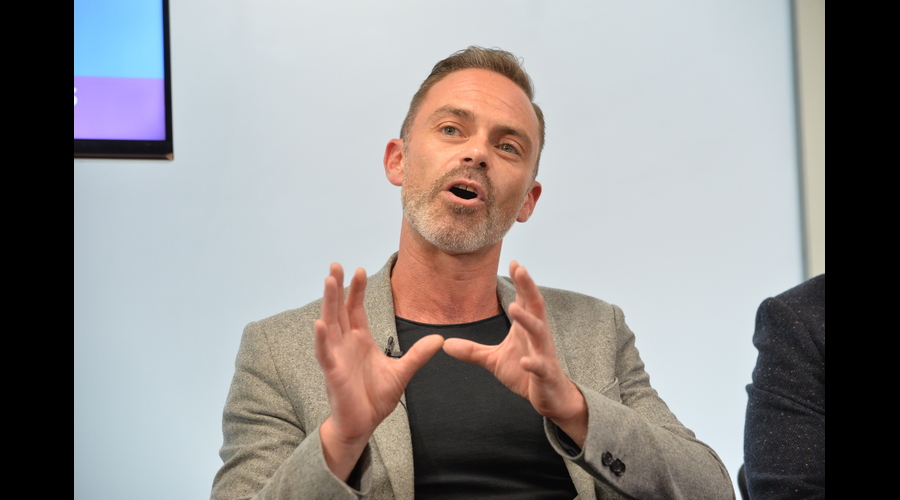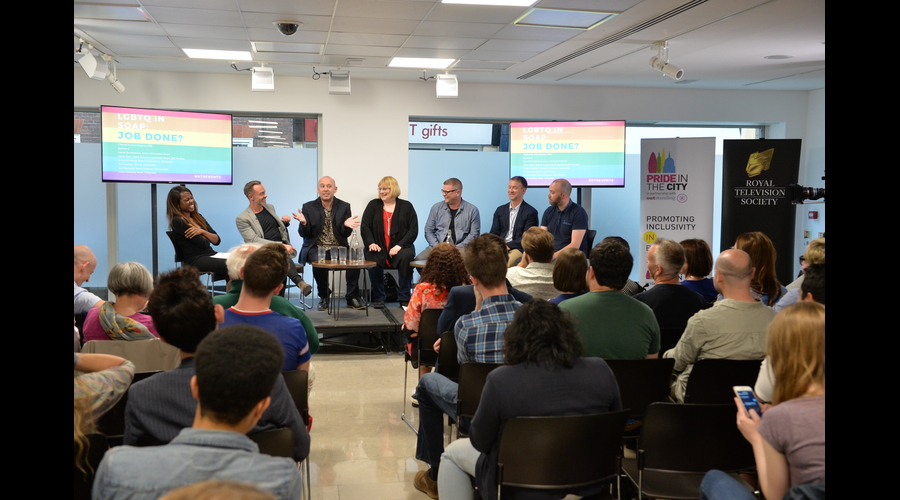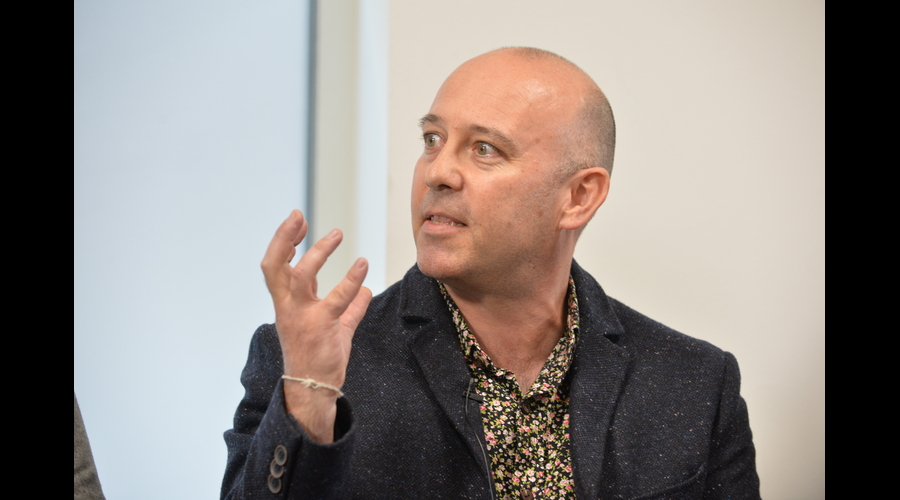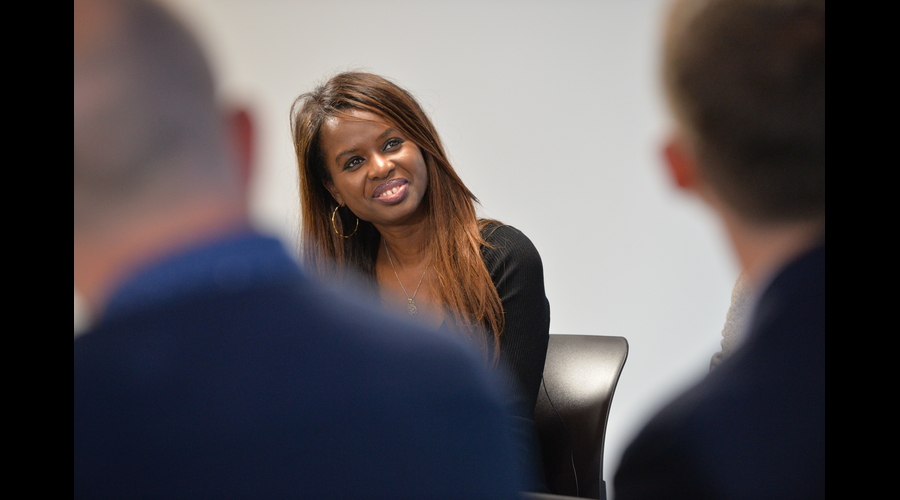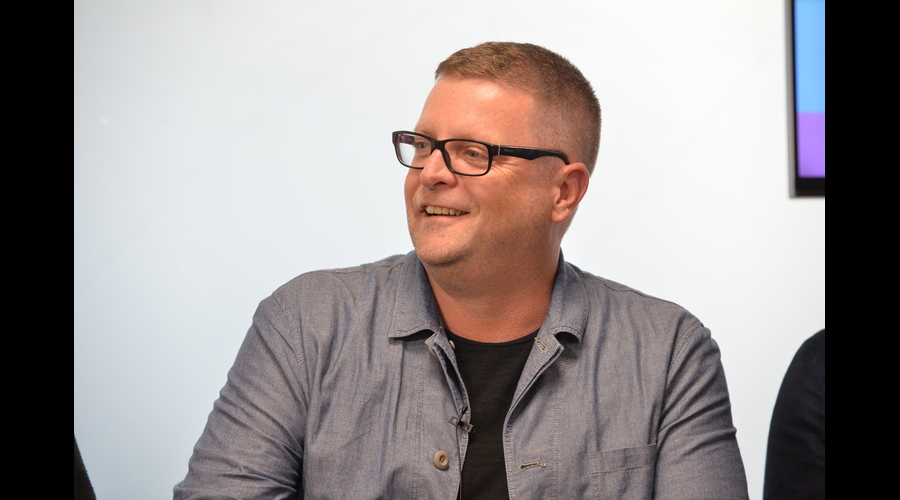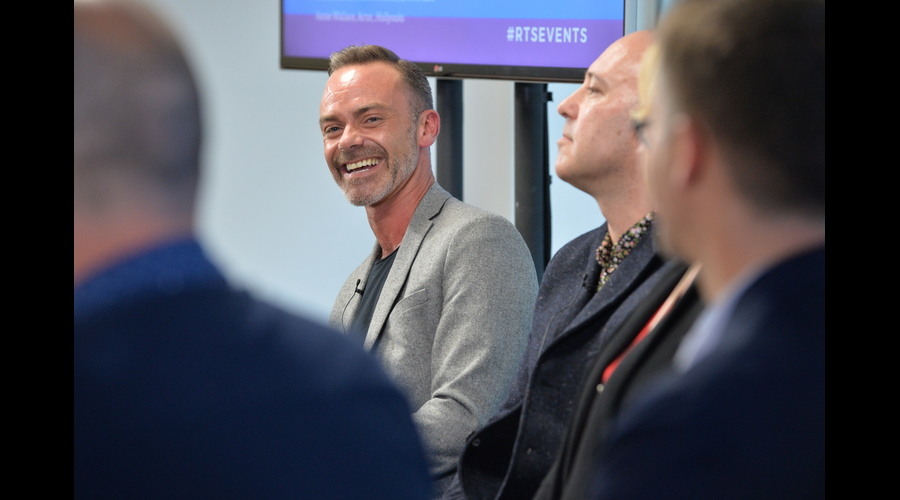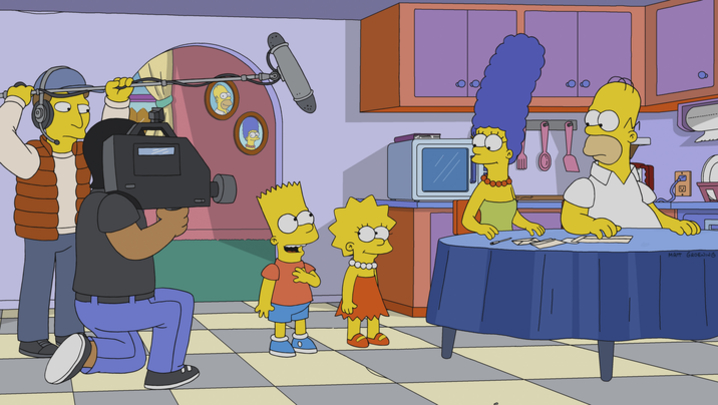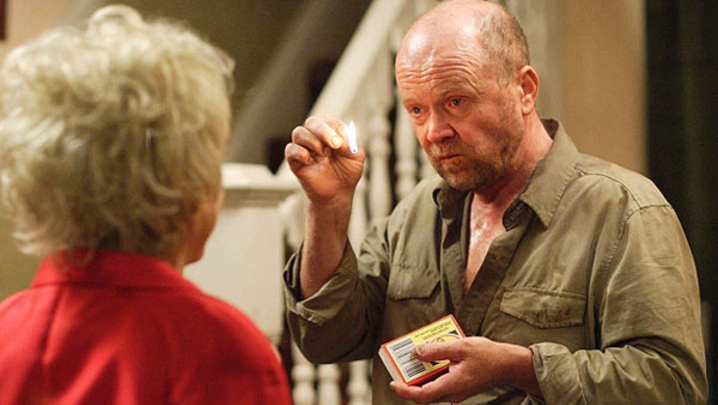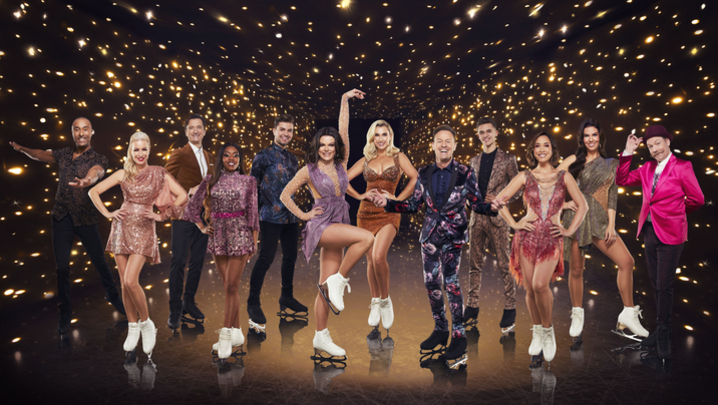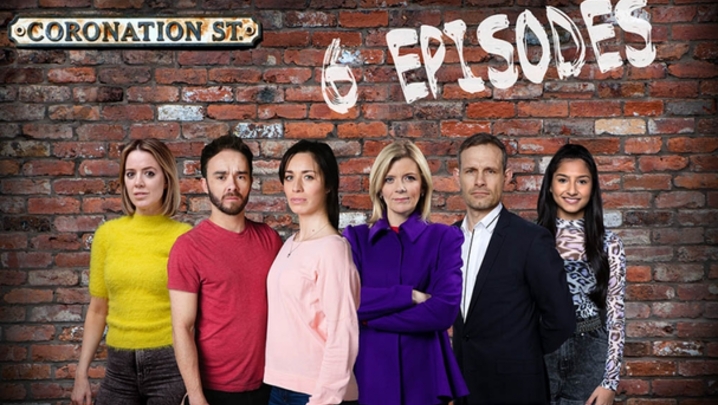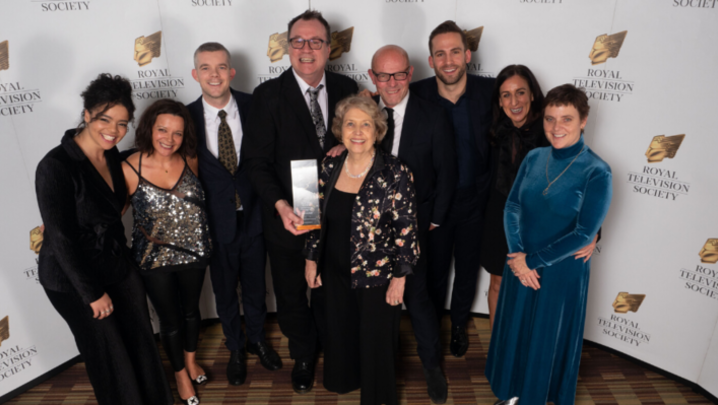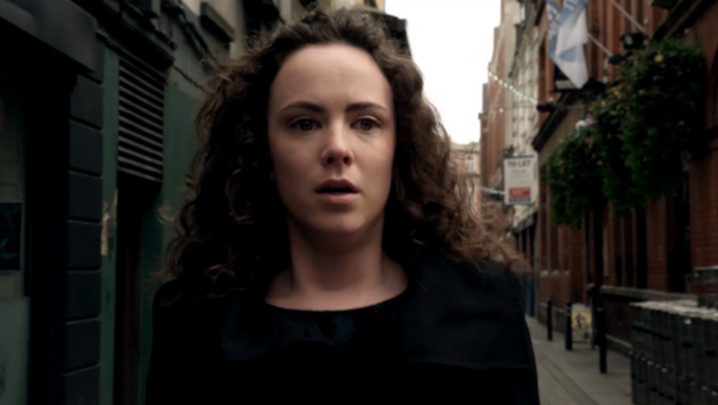British soaps have made huge strides in portraying the lives and loves of gay characters since the genre’s first on-screen kiss in EastEnders 30 years ago.
But, argued the actors, writers and producers on the panel at an RTS event in mid-July – “LGBTQ in soap: job done?” – the fight against prejudice is not yet won.
“Soaps are incredibly powerful in terms of being able to get a message out and in changing people’s perceptions,” said Daniel Brocklebank, who plays gay vicar Billy Mayhew in Coronation Street.
Twelve years ago, Brocklebank recalled, he gave the first gay kiss in another ITV soap, Emmerdale. “Now, as I’m playing a vicar, the reaction predominately comes from very religious people who don’t believe the clergy can be gay; whereas the reaction before was about that fact that it was two boys kissing. So we’ve definitely moved [forward] in that time – but not far enough [going by] the negative responses that we’ve had about Corrie.”
A scene last year scene involving Mayhew and Todd Grimshaw kissing on a bed, provoked a “huge homophobic response” after the show aired, said Brocklebank.
“Michael Cashman who gave the first gay kiss [in a British soap in 1987, playing Colin in EastEnders] messaged me that night and said, ‘I can’t believe you’re having to put up with the same shit that I was putting up with 30 years ago.”
EastEnders writer Pete Lawson pointed out that a few loud voices on social media have an effect that is disproportionate to their numbers. “Some papers,” he said, report that the “British public are up in arms” based on a few angry Twitter posts.
Turning to the stories that he has written for the BBC One soap since 2008, Lawson explained: “I’m always looking for what hasn’t been shown and what hasn’t been told.
“We don’t set out to shock; we set out to entertain because, ultimately, we are a soap and we want to be good TV. But we want to show the reality of the world that we all live in.”
Oliver Kent, head of continuing drama series at BBC Studios, agreed, adding: “It’s hugely important that we tell stories about contemporary Britain as it really looks, and that they include characters of every possible sexual persuasion.”
“If we set out to shock, we’d fall on our arse,” he added, stressing that stories have to “come from character first”.
‘We’re on telly four, five nights a week, all year round, and we can tell stories slowly in a way that they seeps into people’s consciousness,” Kent continued. “If it feels like we ever look like we’re pushing an agenda, it will feel bogus and the audience can tell straight away. It’s about authenticity and truth.”
Bryan Kirkwood, the executive producer of Channel 4’s Hollyoaks, noted that it was part of his channel‘s remit “to deliver shows for a minority audience”, adding: “I think it is our responsibility to deliver storylines for a young LGBT audience [so they can] see themselves reflected [on TV] for the first time.”
Hollyoaks is well known for tackling difficult and sensitive issues. “The reason we get away with so much is because nobody has ever told us to stop,” he added to audience laughter.
“We’ve got a broad diversity of LGBT characters,’ continued Kirkwood, “but with every character [in the soap] their sexuality should be the fifth or sixth most interesting thing about them.”
Emmerdale series producer Iain MacLeod discussed his soap’s gay couple, Aaron Dingle and Robert Sugden, arguing that they “entirely transcend people’s conceptions of sexuality. The way they’ve been taken to the audience’s heart is like nothing I’ve ever encountered before. It’s purely down to it being a love story.”
Nevertheless, he added, gay storylines still lead “an unpleasantly large minority of viewers” to complain.
Are there any limits to the types of stories soaps can portray? “Most things that occur in the world can be played in soap, albeit it with some delicacy,” argued MacLeod.
Click here to watch the full video
“LGTBQ in soap: job done?” was held in partnership with ITV and Pride in the City at the Hospital Club in central London on 12 July. The event was chaired by TV presenter June Sarpong, and the producers were Angela Ferreira and Jonathan Simon.
All photos by Richard Kendal

